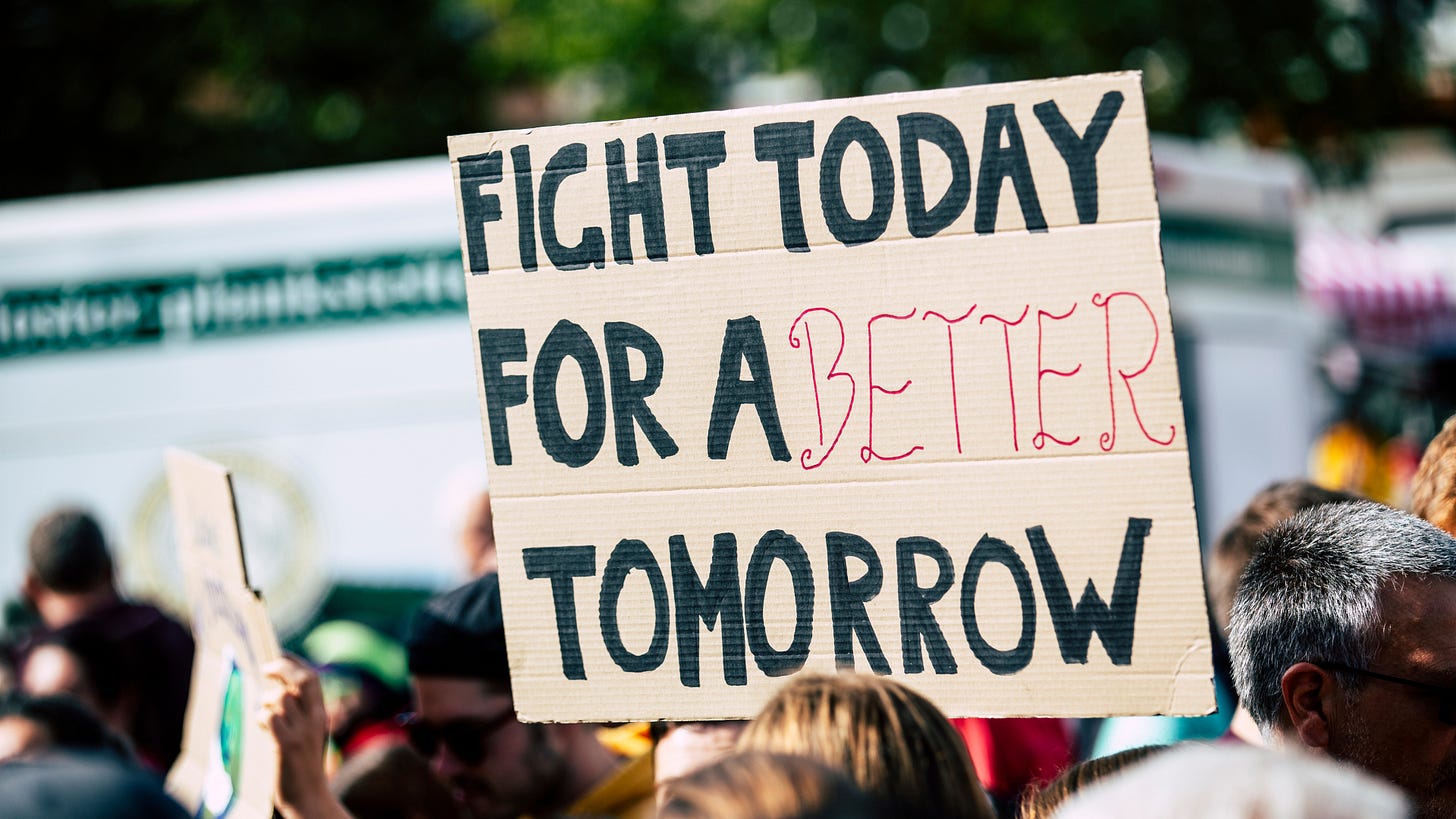In 2024, marginalized communities felt abandoned. Let’s support them in 2025.
A reflection for the new year from our founder.
OPINION—As 2024 ends, it feels fitting to pause and reflect on the year for marginalized communities based on our reporting.
The U.S. had an election season that deepened the divide across America, leaving marginalized communities in fear for their rights and heightened polarization to the point where voters blamed these minority groups for the results. A news media struggling to maintain trust and credibility while being overshadowed by the loud voices of right-wing influencers on social media who seem to have rigged the system in their favor—allowing misinformation and disinformation about these communities to run wild like dogs and cats. Local and national institutions that are designed to protect or help people, such as public schools, hurricane disaster relief, and housing assistance programs, continue to collapse or lack funds to make a meaningful difference, despite their vitality for local communities nationwide.
But if there’s one recurring theme that has defined our reporting this year, these struggles, and the feeling of marginalized communities throughout the US, it’s a profound sense of abandonment.
Muslim and Arab American communities we spoke to felt abandoned by the U.S. and its leaders over their disregard for human life and their loved ones in Gaza. Migrants we reported on felt abandoned by American society as Republican leaders bused them across state lines, only to face increased hostility instead of the promised refuge. Gun violence victims felt abandoned by the news media as mass shootings continued but barely made headlines, especially those within Black and Brown neighborhoods. Young people felt abandoned by their universities as they pushed for divestment from companies or nations that worsen global warming.
I know this feeling isn’t new. But in an era where social media has become one of the primary ways people consume news, vital stories and perspectives are too often pushed aside by the algorithm or the national news cycle. I fear this will only intensify under a second Trump administration—a presidency likely to create constant chaos and distract us from what really matters—the people affected by the policies and the powerful.
In 2025, I urge you to look beyond the circus of the news. Don’t let the noise drown out the voices of those affected. Don’t abandon them. Don’t look at the issues we cover from the left or right lens. But from a bottom-up angle. The powerful against the powerless. The rich against the poor. The privileged against the marginalized.
I also encourage you to listen to the stories of the powerless. Share them on your social platforms. And, most importantly, support local, small outlets, like us here at TUT, that remain committed to amplifying these voices.
“You don’t abandon people,” Kristen Baker, a 38-year-old from Orlando, Florida, told us in an Instagram direct message. “I feel like so many outlets show their loyalty to billionaires or certain causes. But TUT shares stories I’ve never heard. You remind me of what’s important.”
On behalf of our small but dedicated team, thank you for believing in us and standing by us in 2024. We’re committed to bringing you more underreported stories and vital perspectives that deserve to be heard. We hope you’ll continue to join us on this journey in 2025.
With gratitude and love, your friendly neighborhood journalist,
Rahim Jessani
Founder and Editor-in-Chief
PS: Happy Holidays and Happy New Year.


